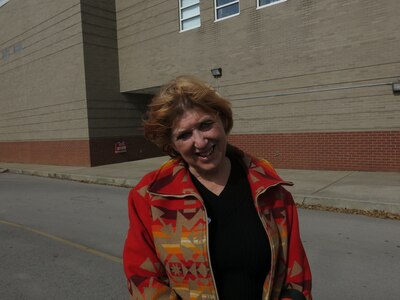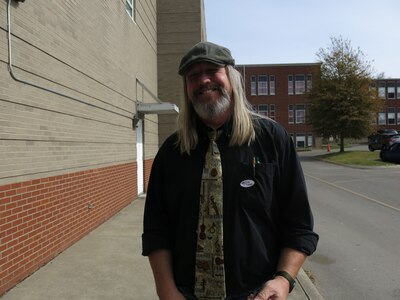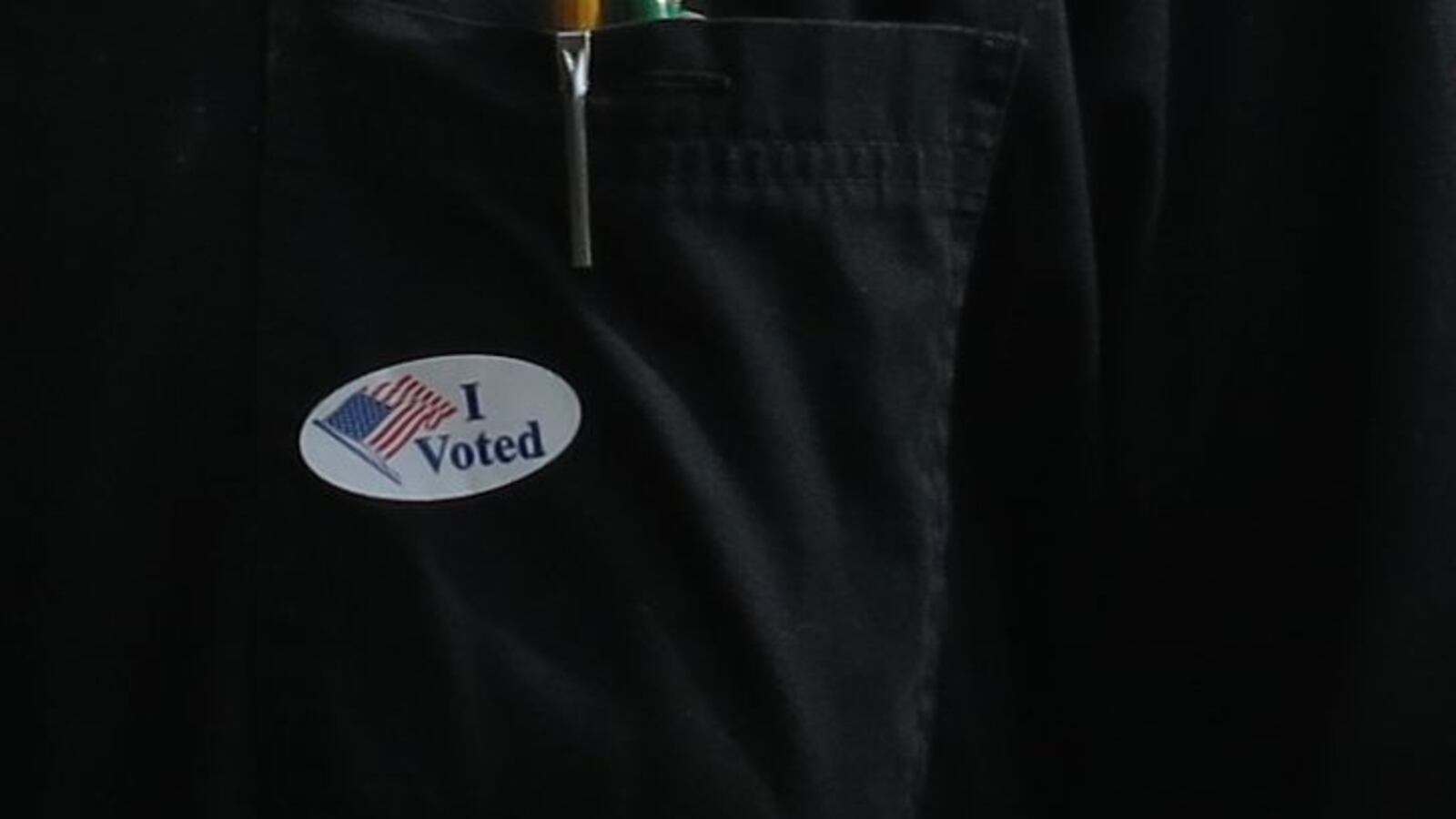What education issues drew Tennessee voters to the polls this week?
How about none?
In a state that is regularly consumed by debates around public education, the near-total absence of education as an issue in this year’s elections is notable.
Education bills commanded much of the state legislature’s time in the most recent session, as bills on topics ranging from standardized tests to school vouchers came up for votes.
And it has been central to Gov. Bill Haslam’s first term as governor. When he took office shortly after Tennessee reaped the Race to the Top windfall, he also assumed the responsibility of leading Tennessee through extensive education reforms. Since his 2011 inauguration, he has overseen the implementation of Common Core State Standards for math and reading, the expansion of charter schools, and an overhaul of how teachers are evaluated.Debates about all of those issues are common topics of news stories — not just in Chalkbeat (take it from someone who gets Google Alerts for all of them).
But, with nothing specific on the ballot related to education, and no highly competitive, high profile races, candidates by and large did not make public education, or any of the issues embedded in it, a primary focus of this election.
That might be because some politicians used the August party primaries referendum on education issues, said Bruce Oppenheimer, a political science professor at Vanderbilt University.
For example, Rep. Joe Carr, a Tea Party candidate who opposed incumbent Lamar Alexander in the Republican primary for U.S. Senate, lambasted Alexander for supporting the Common Core. Alexander, a former U.S. Secretary of Education, distanced himself from the standards without overtly opposing them, won the primary, and closed the conversation around Common Core in this race.
And in August, voters across the state were also deciding on local school board candidates, so education was at the forefront of everyone’s mind, said Ben Jordan, the Nashville organizer for advocacy organizer Stand for Children.
“Now that we’re beyond the school board race, other issues are kind of taking the driver’s seat,” he said.
Another reason for the relative silence on education might be that many of the races just aren’t that close, Oppenheimer said. In other states, including North Carolina, candidates dug into the details of each other’s voting records, and education took a place in the spotlight. But in Tennessee, where Republicans are projected to handily win the senate and gubernatorial races, there’s no reason for any one topic to take center stage.
Barbara Lamb, who teaches private music lessons in Nashville, said public education is an important issue for her. But, because there wasn’t anything specific on the ballot about it, education wasn’t why she showed up to her Sylvan Park polling location.

“Anytime there is anything regarding education funding, I would always vote,” she said.
Sarah Wilson voted early, and was at Sylvan Park School for a teacher-parent conference.
She said that although education was a big issue for her, she didn’t consider this particular election a referendum on anything public-education related, and nothing her candidates of choice said about education stood out.

At least one voter had education foremost on his mind. Rich Moore is a teacher in the Metropolitan Nashville Public Schools.
“I felt like we [teachers] have not been getting the support we needed from a governor, so I made a different selection,” he said. “The teacher pay, the tenure, the representation of teachers — it was a pretty big blow to education, I think.”

